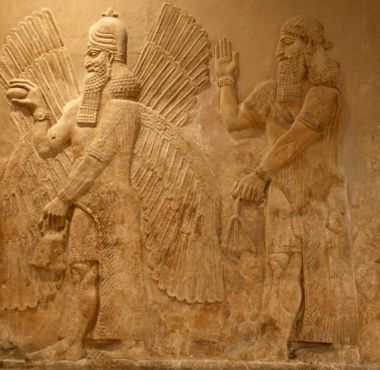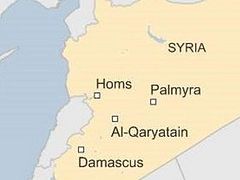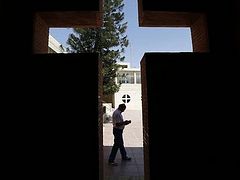Source: Christian Today
August 17, 2016
An ancient dialect of Aramaic, the language spoken by Jesus, is to be revived in Syria, where a new education centre has been set up for the first time.
Assyrian Neo-Aramaic, or Syriac, will be taught at the Ourhi Centre in Qamishli, close to the Turkish border in north-eastern Syria.
"Our centre is responsible for training teachers specialised in the Syriac language to enable them teach different subjects in this language," director of the centre, Jan Malfon, told ARA News.
He added that it was the first time ever the Assyrian community had launched its own language and cultural centre.
Before the Syrian civil war broke out in 2011, it was illegal to teach in any language other than Arabic.
"Learning the Syriac-Assyrian language would help us better understand our culture and history in order to pass this knowledge to the next generations and guarantee them learning their mother-tongue," said Mirna Saliba, a student learning Syriac at the centre.
An ancient branch of Christianity, the Assyrian Church of the East has roots dating back to the 1st century AD. Assyrian Christians have origins in ancient Mesopotamia – a territory which is now spread over modern day northern Iraq, north-east Syria and south-eastern Turkey.
Over the past few years however, hundreds of thousands of Christians have fled the region as a result of the Syrian conflict and the rise of Islamic State.
Qamishli has been hit by a number of militant attacks in recent months.
ISIS claimed responsibility for three terror attacks on the city in December that killed more than a dozen people, and in June a suicide bomber killed three people in an attack near a church that was believed to have targeted the head of the Syriac Orthodox Church.




